 Pope Leo XIV, Pope Francis, Michael Iskander, Bishop Mark Seitz, Cardinal Pierbattista Pizzaballa, and Andrea Bocelli. Credit: Vatican Media; ALBERTO PIZZOLI/AFP via Getty Images; Jason Davis/Getty Images; Hakim Shammo/EWTN News; Latin Patriarchate of Jerusalem; Franco Origlia/Getty Images
Pope Leo XIV, Pope Francis, Michael Iskander, Bishop Mark Seitz, Cardinal Pierbattista Pizzaballa, and Andrea Bocelli. Credit: Vatican Media; ALBERTO PIZZOLI/AFP via Getty Images; Jason Davis/Getty Images; Hakim Shammo/EWTN News; Latin Patriarchate of Jerusalem; Franco Origlia/Getty Images
ACI Prensa Staff, Dec 29, 2025 / 07:00 am (CNA).
The year 2025 will be etched in the memory of the Catholic Church for various profoundly significant events, including the death of Pope Francis, the election of a new pontiff, and a series of testimonies of faith that resonated throughout the world.
Below we take a look back at six Catholic public figures who made major headlines this past year.
1. Pope Francis

Pope Francis passed away on April 21, Easter Monday, after a pontificate marked by pastoral closeness, defense of the poorest, and a missionary approach of reaching out to the peripheries. His legacy of mercy and dialogue left a profound mark on the universal Church, and his death was a moment of sorrow for millions.
His last act of love for the Church was on Easter Sunday, April 20, during the urbi et orbi blessing. Francis appeared on the balcony of the central loggia of St. Peter's Basilica to impart the blessing to the crowd of pilgrims that filled St. Peter's Square and the surrounding area.
2. Pope Leo XIV
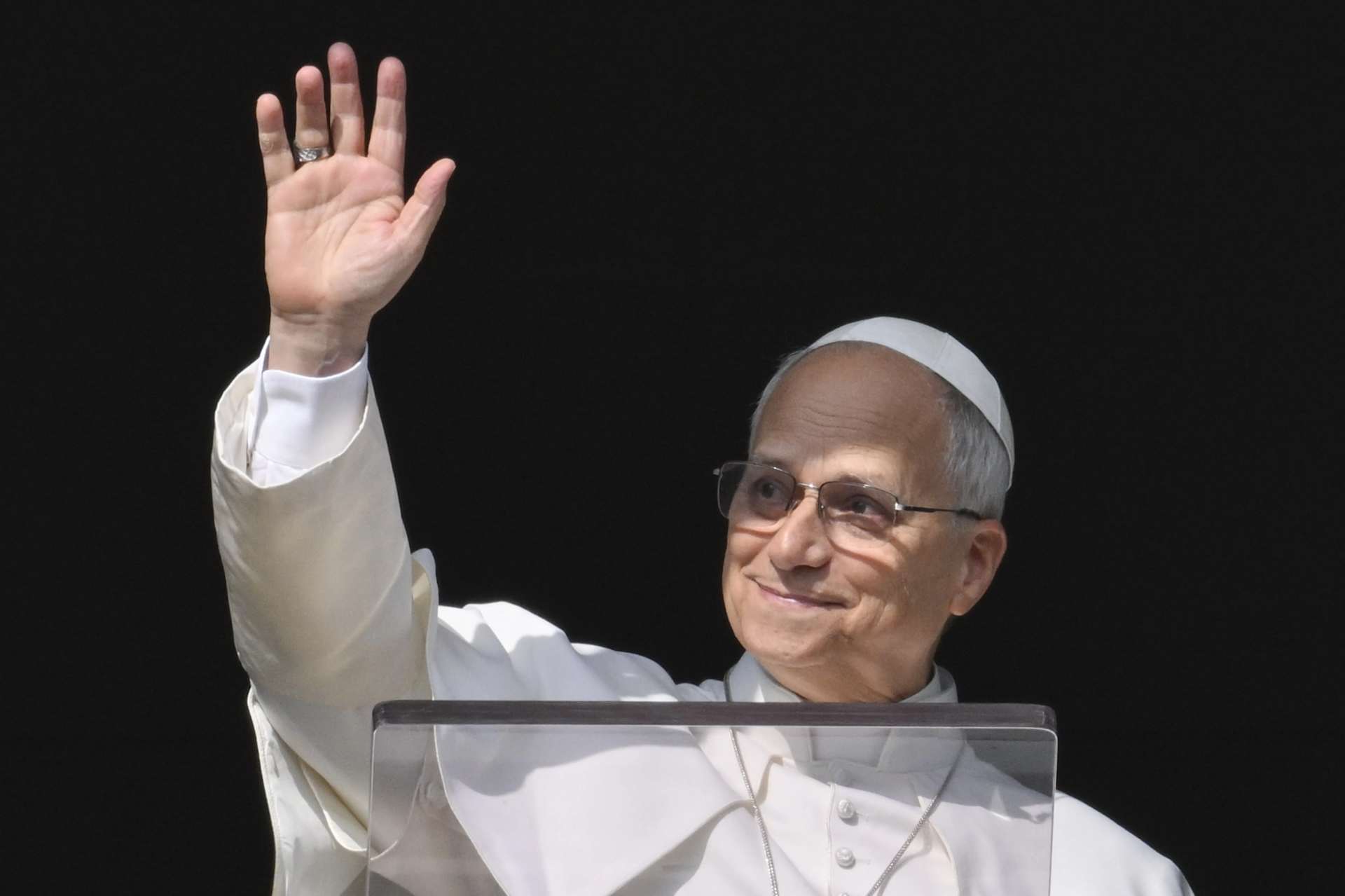
Elected in May following the conclave convened after the death of Pope Francis, Leo XIV began his pontificate with a strong emphasis on ecclesial communion, doctrinal continuity, and pastoral closeness to the poor. In October, he released his apostolic exhortation Dilexi Te ("I Have Loved You"), focused on love for the poor and the urgency of placing those most in need at the heart of the Church's mission.
The Holy Father marked significant milestones throughout 2025, such as the canonization of contemporary saints — including Carlo Acutis and Pier Giorgio Frassati — his ongoing strong support for the Jubilee of Hope, and repeated calls for ecumenism, dialogue, and peace, especially during his first apostolic journey to Turkey and Lebanon.
3. Cardinal Pierbattista Pizzaballa
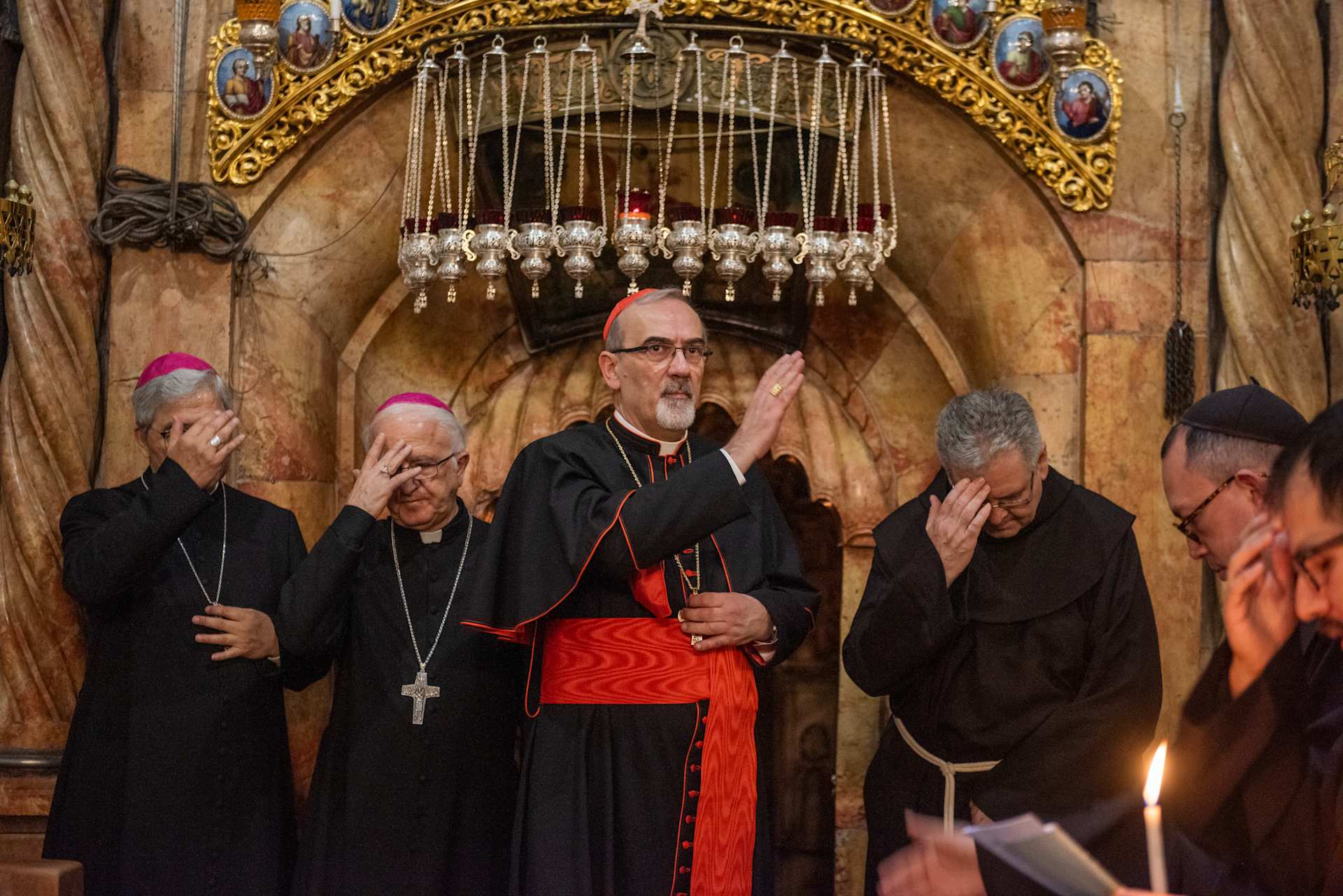
Cardinal Pierbattista Pizzaballa was one of the clearest voices of the Church amid the tragedy of war in the Holy Land. As Latin patriarch of Jerusalem, he bore witness to the suffering of Christians and civilians in Gaza and Israel, denouncing the violence and reminding everyone that Christ is present, "crucified in the wounded." His messages to young people, the faithful, and international leaders solidified his position as a moral authority who consistently called for peace, reconciliation, and respect for human dignity.
His pastoral leadership was also expressed in concrete actions: visiting communities affected by the war, celebrating the feast of Our Lady Queen of Palestine, accompanying persecuted Christians, and traveling to the United States to raise awareness and funds for the Holy Land.
4. Bishop Mark Seitz
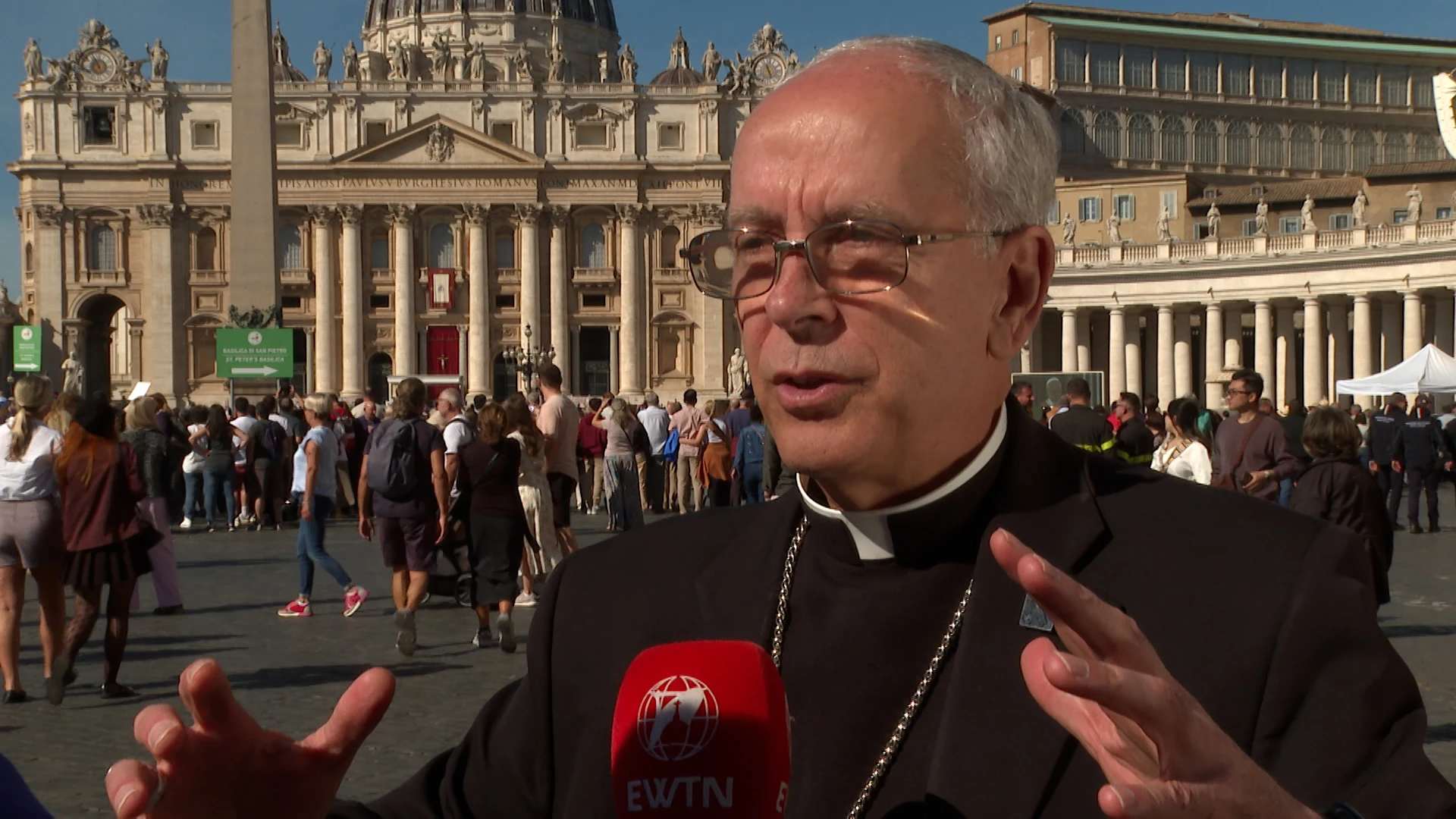
The bishop of El Paso, Texas, Mark Seitz, has established himself as one of the country's strongest voices in defense of migrants. From a diocese located right on the border with Mexico, he clearly affirmed that immigration is above all a "matter of the Gospel" and not merely a political debate. His encouragement for bipartisan legislative initiatives such as the Dignity Act and his criticism of immigration policies that he considered "contrary to moral law" reflected a pastoral approach centered on human dignity, the preferential option for the poor, and the formation of consciences.
In addition, his leadership went beyond the national scene as he presented Pope Leo XIV with testimonies and letters from migrant families living in fear of deportation, a gesture that visibly moved the pontiff. He also promoted the "Cabrini Commitment" during National Migration Week and, along with his diocese, received the 2025 Pax Christi International Peace Award.
5. Michael Iskander
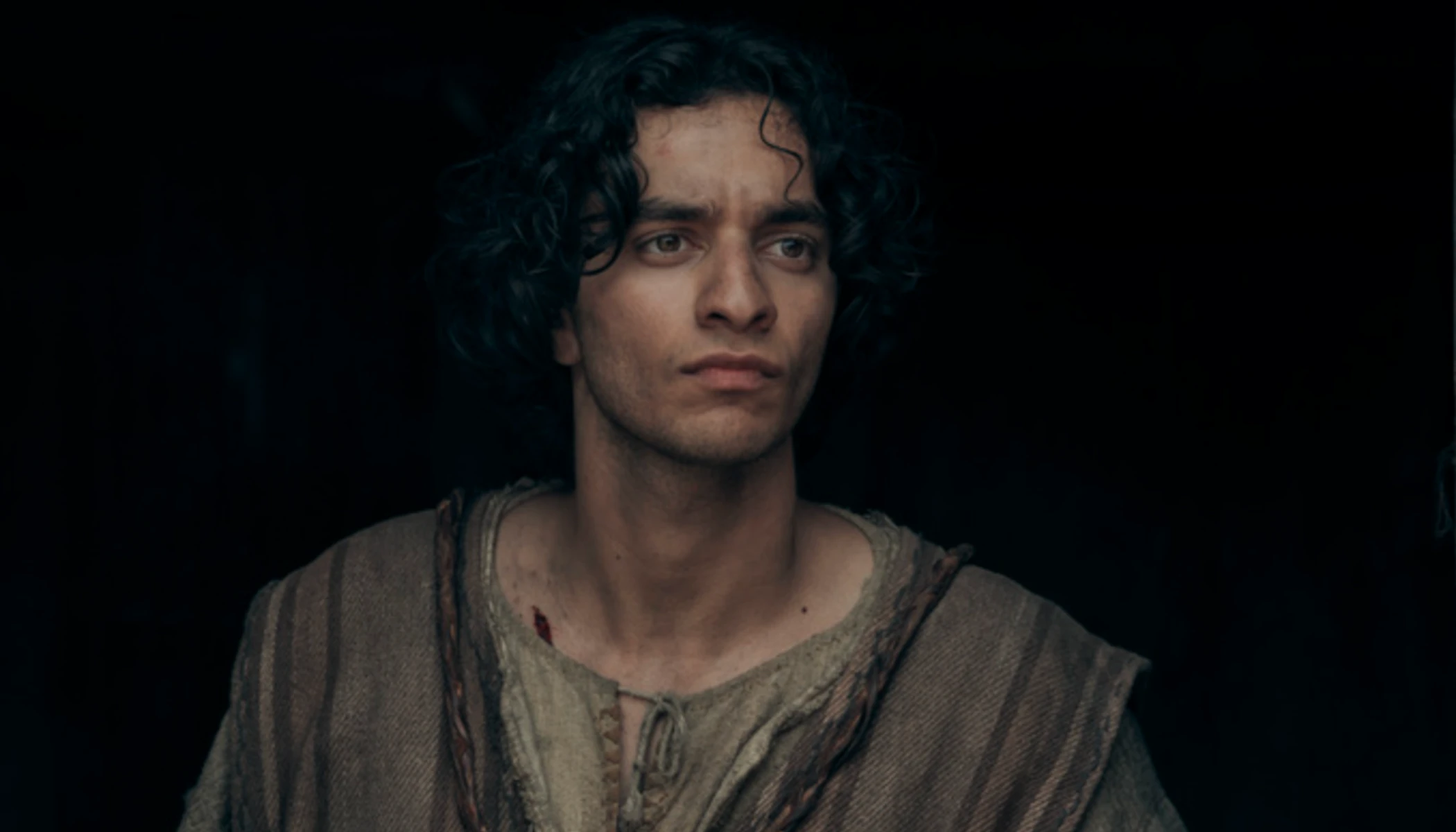
The American-Egyptian actor Michael Iskander, known for playing King David in the Prime Video series "House of David," delivered one of the most inspiring testimonies of faith of the year when he converted to Catholicism in 2025.
Although he was raised in the Coptic Orthodox Church, Iskander shared that his conversion was a "calling from God" that he felt deeply after an inner experience during a visit to St. Patrick's Cathedral in Manhattan.
6. Andrea Bocelli
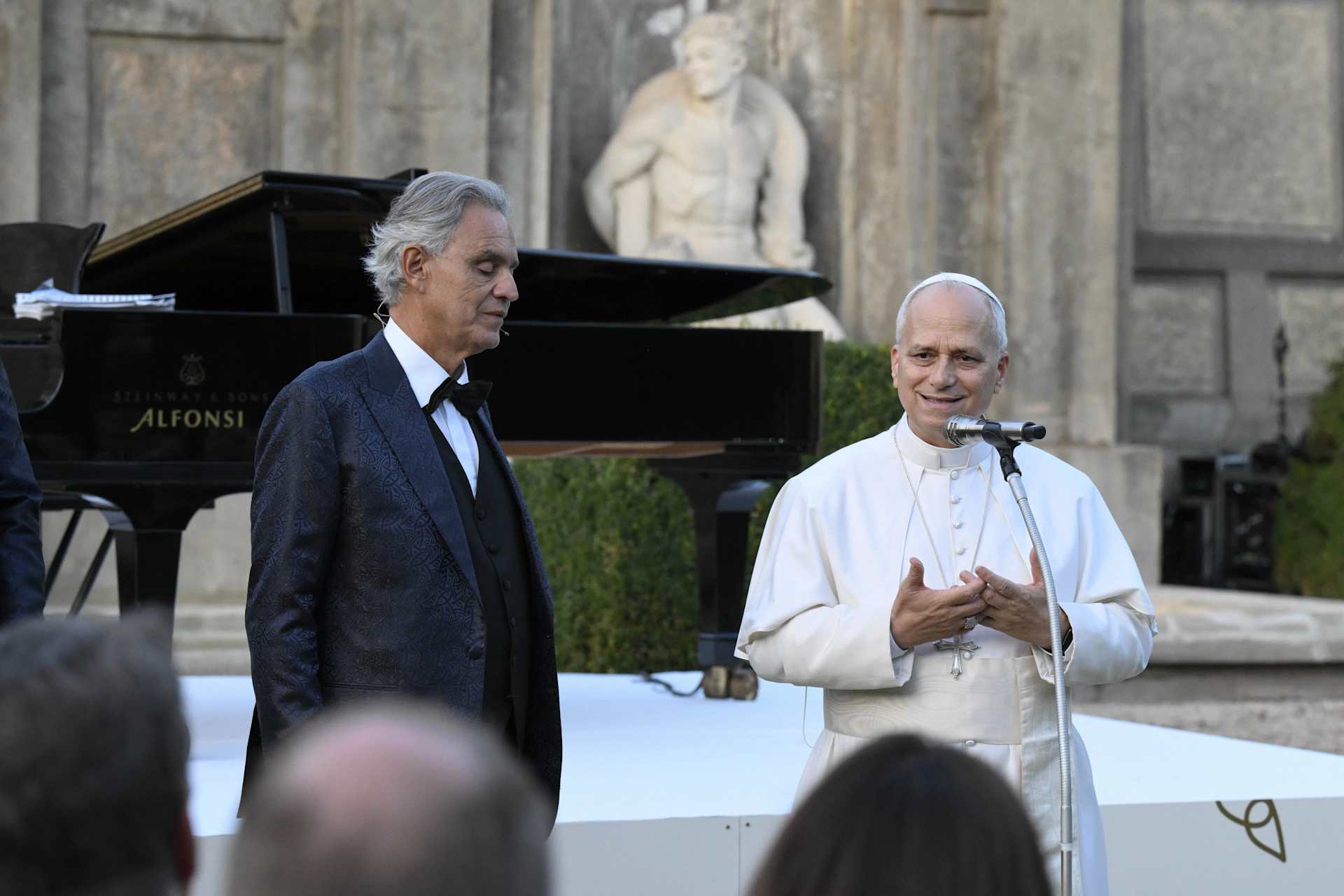
The renowned Italian tenor Andrea Bocelli was one of the most influential Catholic figures of 2025 thanks to his testimony of faith and his participation in key events in the life of the Church.
On Sept. 13, Bocelli sang in St. Peter's Square during the historic "Grace for the World" concert, held at the Vatican to close the World Meeting on Human Fraternity, where he offered performances of profound spiritual content and emphasized the centrality of faith, peace, and fraternity. Days earlier, after singing before Pope Leo XIV at the inauguration of the Borgo Laudato Si' ecological project, he stated that the Holy Father is "a beacon to guide us in these complex times."
This story was first published by ACI Prensa, CNA's Spanish-language news partner. It has been translated and adapted by CNA.















